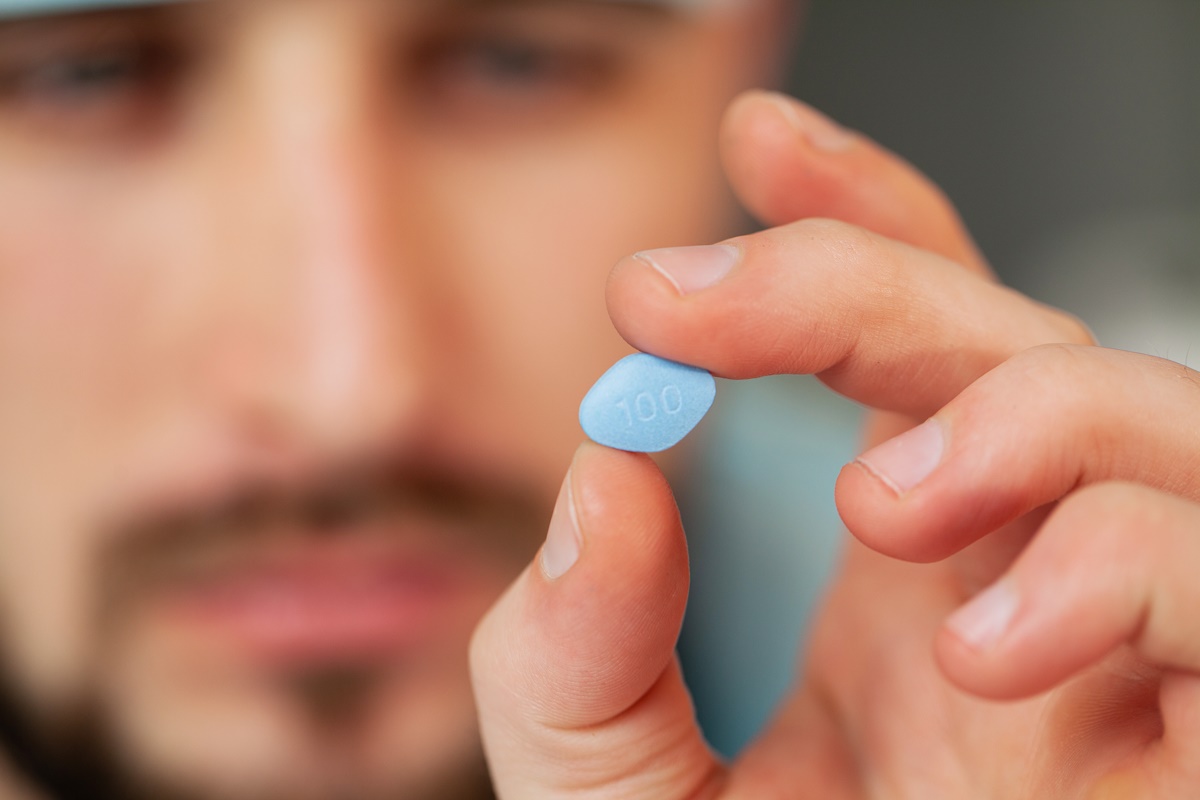Selecting the right medication for erectile dysfunction
For men, maintaining sexual activity as you age may lead to a higher likelihood of requiring treatment for erectile dysfunction (ED). Statistics indicate that approximately 25% of men in their 50s experience difficulty with erections. This proportion increases to around 50% in their 60s and 60% in their 70s. While erections may not improve with age, the positive aspect is that there’s no age restriction for using ED medications. What matters most is men who are capable of enjoying sexual activity, have many options to choose from that works for them best.
Different Responses to ED Medications
Currently, doctors are prescribing four main ED medications available to treat ED: sildenafil (Viagra), avanafil (Stendra), tadalafil (Cialis), and vardenafil (Levitra). These medications work by increasing blood flow to the penis, aiding men in achieving and sustaining an erection. Even though each of these medications are using similar drug mechanisms, every man is different and therefore, what works for one man may not work well for another man.
In some circumstances, it may require a trial-and-error approach when selecting the right ED medication. It’s important to remember that just because one medication didn’t work, it doesn’t mean that a man won’t find success with another. Working collaboratively with their healthcare provider and keeping an open mind to find the best treatment approach is recommended.
Doctors will usually begin by prescribing a small dose for a man that is taken as needed. For instance, a doctor might initially prescribe 25 milligrams (mg) of Cialis. If this dosage proves ineffective, adjustments may be made, potentially increasing the dosage to 50 mg or even 100 mg. To ensure that the medication is absorbed in the best possible way, it is highly advised to take it on an empty stomach or wait for a few hours after eating. This will help the body to absorb the medication more effectively.
Factors Influencing Choice
Individual preferences may influence the choice of ED medication, considering factors such as onset of action and duration of effect. For example, some individuals prefer Cialis because it can be taken in the evening, providing efficacy through the following morning. Additionally, due to its prolonged duration of action (up to 36 hours) and potential benefits for symptoms of an enlarged prostate, daily low-dose Cialis may be preferred by some individuals.
Understanding the Onset and Duration of ED Medications
When considering ED medications, it’s essential to be aware of their onset and duration of action:
Avanafil (Stendra):
The onset of action typically occurs within 15 to 30 minutes, with effects lasting 6 to 12 hours.
Sildenafil (Viagra):
Effects usually begin within 30 to 60 minutes and last approximately 4 to 5 hours.
Tadalafil (Cialis):
The onset of action is typically within 30 to 45 minutes, with effects lasting up to 24 to 36 hours.
Vardenafil (Levitra):
The onset of action occurs within 30 to 60 minutes, with effects lasting about 4 to 5 hours.
Safety Considerations
From a clinical standpoint, ED medications are generally considered safe, with common side effects including headaches, facial flushing, upset stomach, and muscle pain. These side effects are typically mild and transient.
However, certain conditions may limit the effectiveness or safety of ED medications. Men with nerve or artery damage due to prostate surgery, diabetes, or cardiovascular disease may experience reduced responsiveness to these medications. Additionally, men taking nitrate medications for heart disease should avoid ED drugs, as the combination can cause a dangerous drop in blood pressure. It’s important to note that nitrates in food do not pose a problem.
Furthermore, men using alpha blockers like tamsulosin (Flomax) or alfuzosin (Uroxatral) for an enlarged prostate should take these medications and ED drugs at least four hours apart to minimize the risk of a sudden drop in blood pressure.
Takeaway message
In summary, selecting the proper ED medication involves considering individual preferences, onset and duration of action, and safety considerations in consultation with a healthcare provider.
Dr. David Samadi is the Director of Men’s Health and Urologic Oncology at St. Francis Hospital in Long Island. He’s a renowned and highly successful board certified Urologic Oncologist Expert and Robotic Surgeon in New York City, regarded as one of the leading prostate surgeons in the U.S., with a vast expertise in prostate cancer treatment and Robotic-Assisted Laparoscopic Prostatectomy. Dr. Samadi is a medical contributor to NewsMax TV and is also the author of The Ultimate MANual, Dr. Samadi’s Guide to Men’s Health and Wellness, available online both on Amazon and Barnes & Noble. Visit Dr. Samadi’s websites at robotic oncolo gy and prostate cancer 911.

